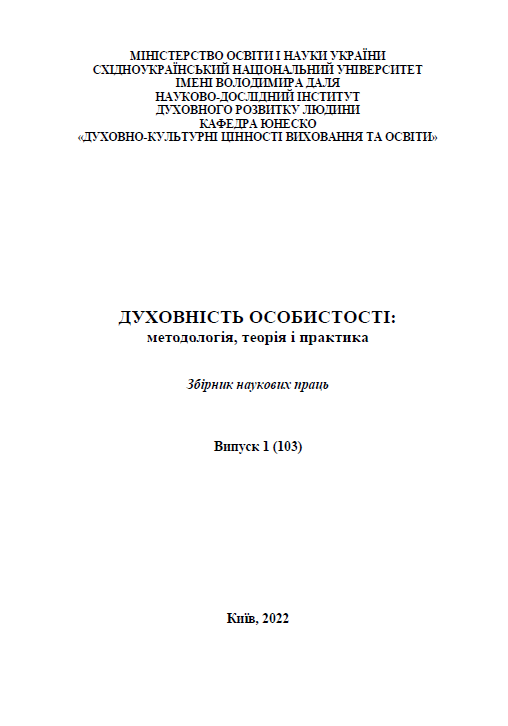THE SOCIAL STATUS OF THE JAPANESE TEACHER AND THE INFLUENCE OF THE TEACHER’S PERSONALITY ON THE MORAL EDUCATION OF STUDENTS
DOI:
https://doi.org/10.33216/2220-6310-2022-103-1-17-23Keywords:
system of education in Japan, moral education, spiritual upbringing, role of the teacher, interaction between teacher and society, professionalism of Japanese teacher, moral development of personalityAbstract
In all periods of Japanese history, especially at its turning points, education has played a decisive role. The high level of education of all strata of the population at each stage of the historical development of Japan was one of the most important reasons for the rapid pace of modernization of the country. Education - one of the basic components of the "Japanese miracle", high social and political activity of the population - belongs to the enduring spiritual values of the people of this state.
Japan is the only country where moral education is a compulsory subject of the school curriculum, throughout the entire period of education.
The moral model of the teacher (Sensei) is an important tool in the process of moral education. A teacher in a Japanese school is not only a carrier of knowledge, but also an educator, mentor, assistant and an example of high morality. For a Japanese teacher there are no weak and strong pupils, weak children are engaged in the same program, only at a slower pace. In moral terms, high demands are made on the Japanese teacher (he even passes the exam for morality), since he is entrusted with the main wealth of the country - children - the future of the nation.
In Japan special attention is paid to the training of teachers of moral education. All future teachers, regardless of their specialization, study two compulsory courses - "Moral" and the methodology of its teaching.
Almost all universities and institutes in Japan have a teacher training system. Besides due to the theory of "open system of teacher training” it is possible to retrain specialists from other professional fields (engineers, economists, lawyers) to work in educational institutions.
Japanese teachers resist any form of differentiation of children according to abilities believing that such a practice can hurt their souls, demonstrating inequality in the field of education.
The task of the secondary general education school is to provide students with all the conditions for the assimilation of normative models of behavior, thinking and successful formation in society.

